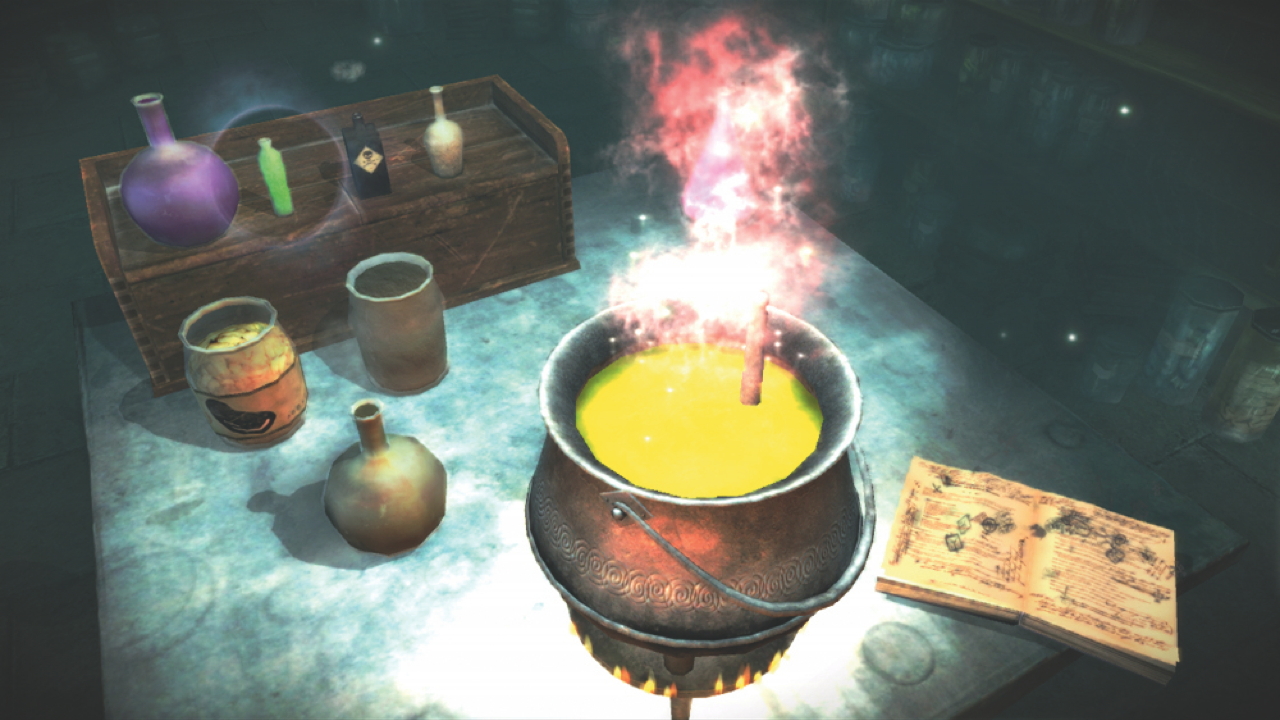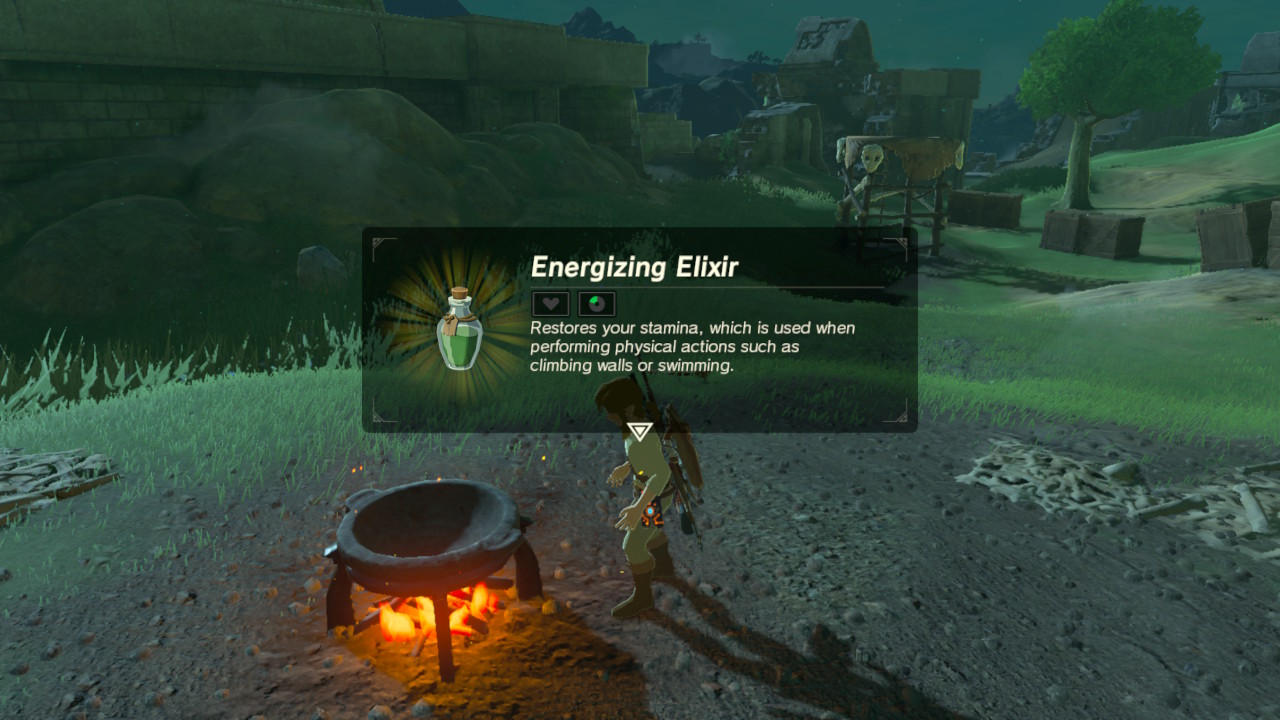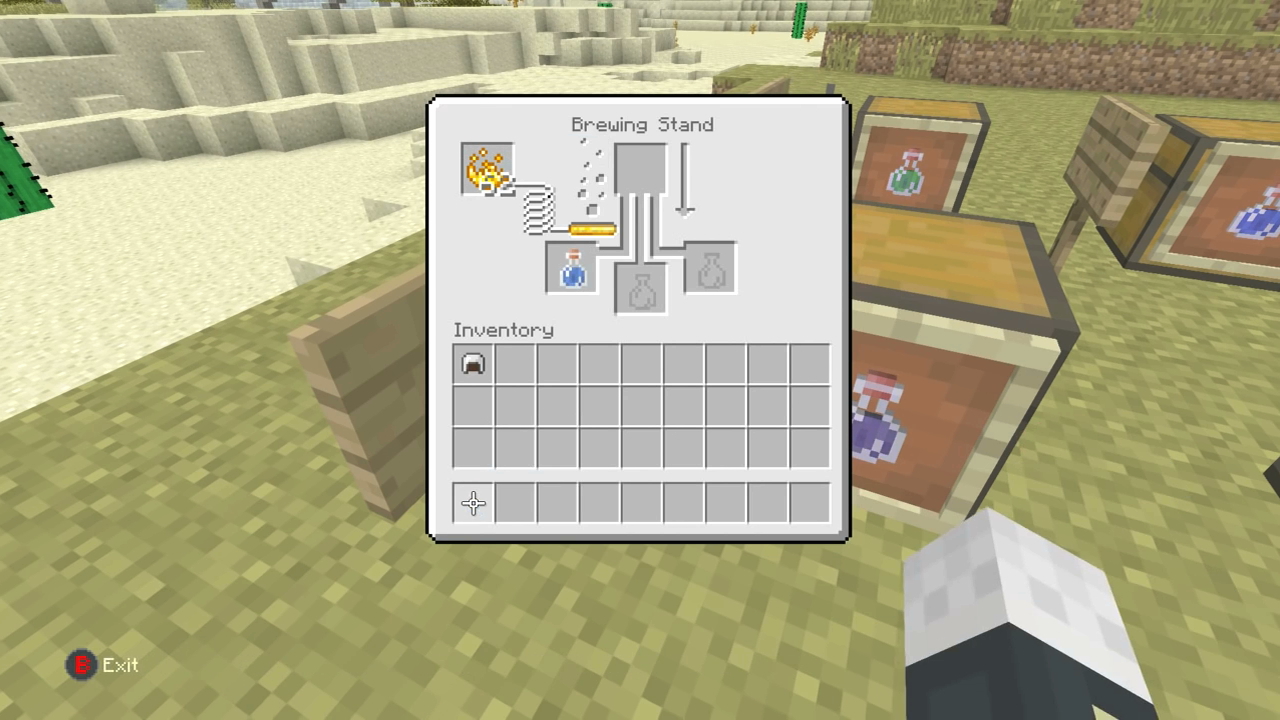Smashing the fantasy RPG trope of the all-powerful potion: let's make games more realistic

Pardon me parping my own pipe, but in my ongoing mission to improve the world I’ve now fixed almost every problem in this crazy old hobby we call gaming. I’ve solved everything from escort missions and stealth bits to those times when NPCs try to crawl out of the television to steal your shoes. When future video game archaeologists drill down through the fossilised strata of gaming history they’ll stop in their tracks around the year 2017, remove their tiny round spectacles and soberly remark, “My god, it looks like something, or someone, started fixing games at an incredible rate, right around here”. I won’t insult your intelligence by being modest, reader. That someone will be me. Brilliant, beautiful me.
But my work is never done. New tropes emerge and old ones refuse to die. This week I was prompted to slip on my fixing shoes to address one of gaming’s most ancient and unsavoury clichés: the gluggable nonsense – the absolute quaffable farce – that is potions.
The problem

Potions were likely invented by either JRR Tolkien, George RR Martin, or any one of the other fantasy clowns with a surplus of Rs in their name. They are magical stews distilled from fairy sweat and dragon grease, which imbue the user with some mystical property, most often healing, but sometimes the ability to spit fireballs, do crosswords quickly or levitate a few feet off the ground. The problem is that a new kind of potion can be imagined up to solve any situation in a plot. They are a literary crutch used by lazy fantasy writers to avoid having to write an entirely tangential chapter about the protagonist visiting some kind of elven A&E every time they take a goblin dagger to the guts.
Early fantasy games based themselves heavily on Dungeons & Dragons rules, and so developers eagerly and mindlessly crammed their own virtual worlds with these solution-in-a-bottle potions, where they remained unscrutinised for decades. Almost every other aspect of D&D has by now been sloughed from the fatty excesses of the genre, but these alchemical carbuncles will not shift. It’s high time we guzzled down a potion of elbowing and elbowed potions out of gaming for good.
The solution

For all their faults, potions have some real-world roots. In ancient times, healers would come armed with balms, salves, ointments and tinctures of varying efficacy, which they would give to the sick to imbibe or rub into the affected part of the body. That sweet purple sap Calpol has soothed the fevered brows of babes since (I’m guessing) caveman times.
But while some potions do work, there’s nothing in Boots that will increase your speed by 20 points for half an hour (apart from those caffeine pills they sell). And while Superdrug can sell you a spray that stops a runny nose, it can’t help you when you’ve been eviscerated by the chitinous blades of a giant dungeon spider’s sharpened spinnerets.
My solution? Improve in-game realism by removing these fantastical, over-powered potions and replacing them with items that can be found behind the counter of any high-street pharmacy. Wounded in the night by the craven imp-scouts of the demented Dark Lord of the Forgotten Kingdom? Take some codeine and this extra-sized square of self-adhesive gauze. Poisoned by a blighted dart trap while escaping the decrepit colosseum of the Grand Overseer? Here, have six sachets of blackcurrant flavour Dioralyte and a bottle of Lucozade.
Weekly digests, tales from the communities you love, and more
Once limited to remedies found in a bathroom cabinet, developers of RPGs will be forced to think of original ways around their questing problems, rather than relying on a potion of winning to whisk the hero to an empty victory. The solution is not at the bottom of a bottle, but might be in a blister pack of Ibuprofen.
This article originally appeared in Xbox: The Official Magazine. For more great Xbox coverage, you can subscribe here.
Steve Hogarty is a London-based freelance journalist covering games and technology. His bylines have appeared in publications including GamesRadar, The Independent, Yahoo, VICE, Eurogamer, and more. He is also the co-host of the pocast, Regular Features.



